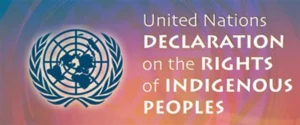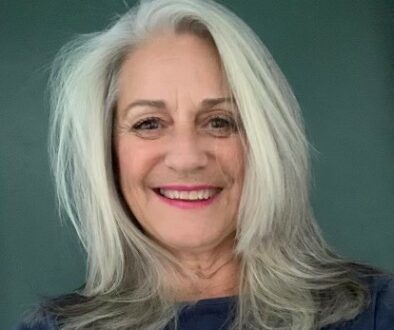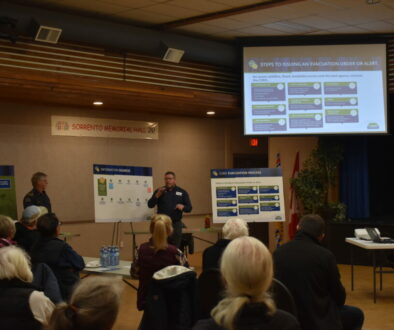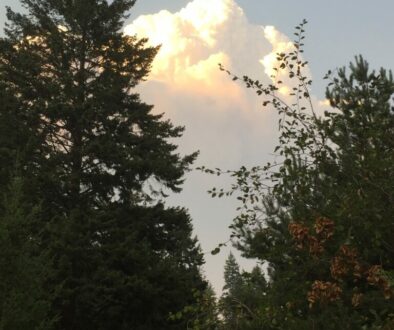UNDRIP in BC
UNDRIP- The Declaration on the Rights of Indigenous Peoples is a legally non-binding resolution passed by the United Nations in 2007. It delineates and defines the individual and collective rights of Indigenous peoples, including their ownership rights to cultural and ceremonial expression, identity, language, employment, health, education, and other issues. Their ownership also extends to the protection of their intellectual and cultural property. The Declaration “emphasizes the rights of Indigenous peoples to maintain and strengthen their own institutions, cultures and traditions, and to pursue their development in keeping with their own needs and aspirations. It “prohibits discrimination against indigenous peoples,” and it “promotes their full and effective participation in all matters that concern them and their right to remain distinct and to pursue their own visions of economic and social development. {source Wikipedia}

Photo source: Canadians.org
The government of British Columbia as the first province or territory in Canada implemented this Declaration on October 24th, 2019 when introduced Bill 41- 2019 Declaration on the rights of Indigenous peoples Act.
The purposes of this Act are as follows:
(a) to affirm the application of the Declaration to the laws of British Columbia;
(b) to contribute to the implementation of the Declaration;
(c) to support the affirmation of, and develop relationships with, Indigenous governing bodies.
Measures to align laws with Declaration
3 In consultation and cooperation with the Indigenous peoples in British Columbia, the government must take all measures necessary to ensure the laws of British Columbia are consistent with the Declaration.
The new council of the city of Vancouver on October 25, 2022 implemented UNDRIP Strategy for the City of Vancouver. As Khelsilem, Squamish Nation council chairperson and co-chair of the UNDRIP task force said;” Where we arrived to, very organically, was that the relationship needs to start between the City of Vancouver as a government and the three local First Nations governments, because the unceded territory and title and rights start from there.” Vancouver UNDRIP strategy includes the following:
Musqueam, Squamish, and Tsleil-Waututh Nations are the original stewards, the rights and title holders of their respective unceded territories, which include the lands on which Vancouver now resides. The three Nations have inherent, constitutional and human rights of self-determination and self-government. Until recently, these rights have been largely ignored by the colonial governments which have asserted jurisdiction. As a City of Reconciliation that acknowledges it is on unceded Musqueam, Squamish, and TsleilWaututh territories, Vancouver has committed to the implementation of UNDRIP at the municipal level, in alignment with the Declaration on the Rights of Indigenous Peoples Act (The Declaration Act) legislation passed by the BC government and federal government legislation.
At the foundation of Vancouver’s work to implement UNDRIP is the recognition that Musqueam, Squamish, and Tsleil-Waututh Nations hold unique title and rights as the original stewards and governments of these lands. These land-based rights are distinct from the rights of the large and diverse populations of Indigenous people from other territories who have come to live on these lands. As the Province’s own Declaration on the Rights of Indigenous Peoples Act (The Declaration Act ) legislation affirms, “all Indigenous Peoples have human rights that are expressed in the UN Declaration. However, not all rights are uniform or the same among or between all Indigenous Peoples.” For example, only First Nations have secured the legal recognition of rights and title in the Province of BC.
Over time, the City of Vancouver has generated enormous wealth from unceded lands and has expropriated lands, and has not compensated the rights and title holders. Recognizing Vancouver as unceded Musqueam, Squamish, and Tsleil-Waututh lands means addressing the inequities and loss created by land and resource dispossession. There are domestic and international examples and precedents of revenue-sharing arrangements between governments and Indigenous Peoples that can inform this work.
UNDRIP affirms that Indigenous Peoples have the right to free, prior, and informed consent. As the City of Vancouver embeds recognition of Musqueam, Squamish, and Tsleil-Waututh as the rights and title holders of these lands with jurisdiction and the right of consent, it’s important to address return of lands and decision-making authority on land use decisions. The City conducts many leases and Musqueam, Squamish, and Tsleil-Waututh are not involved in the process of how leases are decided.
There are a few issues and risks with the implementation of this declaration and the following realization in Canada and British Columbia, which is pertinently commented on in Odessa Orlewicz talk show with her special guests.
The United Nation as an international institution of unelected bureaucrats was founded on June 26, 1945, with the aim to prevent future wars and conflicts. It’s including almost all 195 countries, except two: the Holy Sea {a sovereign entity with statehood over the territory of the Vatican City State} and Palestine. Since then hundreds of wars and military conflicts occurred, so looks like this organization does not reach its funding goal. On another hand more and more affects lives and the law within independent countries, including Canada, without any political and public discussion, and that we should be aware of.
– DB



